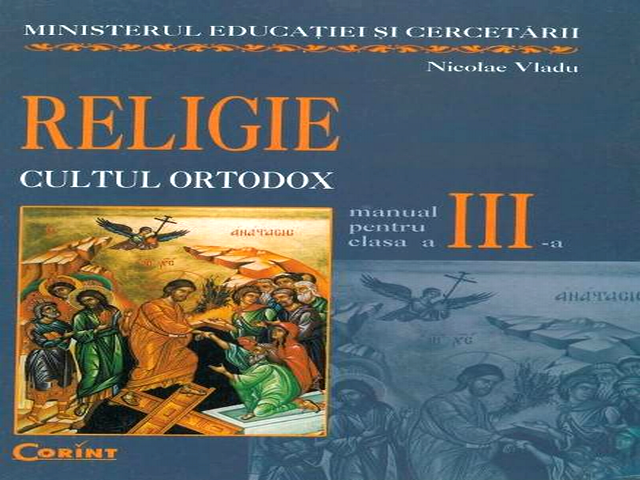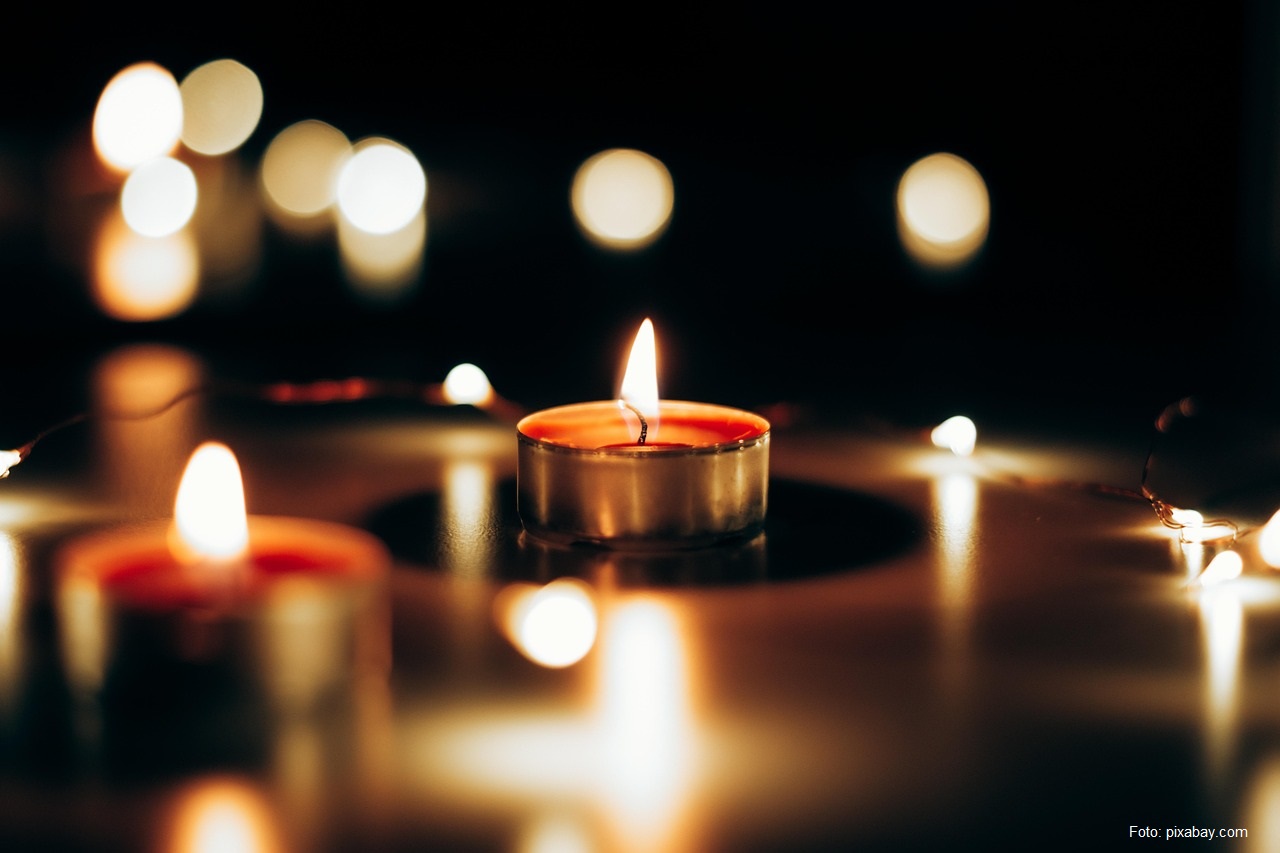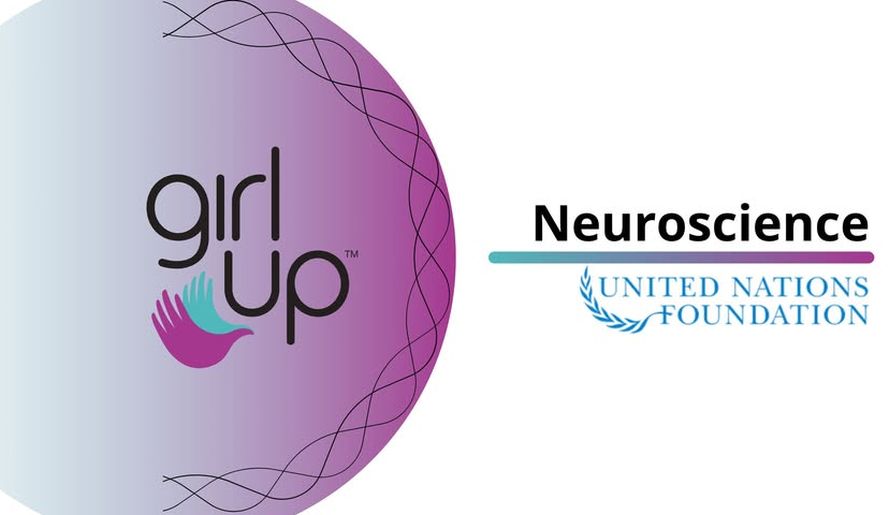Teaching religion in schools, under heated debate
An outlook on one of the most constroversial topics in Romania today.

Christine Leșcu, 25.03.2015, 13:43
Religion in Romania is being taught at all levels of compulsory education, from the preparatory grade all the way through high school. After the collapse of the communist regime, religion was included in the curricula and has been taught uninterruptedly from 1990s to this day. However, for quite a few years now, several civil society organizations as well as some of the parents have begun to question the legitimacy of teaching religion in public schools, officially described as secular schools.
Following a series of heated debates in the printed and social media, as well as in the wake of an official notification, Romania’s Constitutional Court ruled that pupils who want to attend religion classes should submit an application to that effect, while those who don’t want to take up religion classes are entitled to skip them, with no application form to be filled in and without notifying the school board. The decision has been met with contrasting reactions. Romania’s Secular-Humanist Association (ASUR) has for a while been running a campaign to keep the public informed on the optional status of religion as a school subject. Here is what one of ASUR’s founding members Toma Patrascu thinks about the ruling of the Constitutional Court.
“The Constitutional Court’s recent ruling on the procedure to have children register for religion classes is a first step closer towards normality. Yet we need to examine the ruling very carefully and thus be able to grasp the broader context. The Court’s ruling does not bring anything new to the table. It practically does not change the law. Nowhere in the education law or in the law on religious denominations is it mentioned that pupils have to be registered randomly, by default, for the religion class. It all comes down to the fundamental right to study one’s religion. How can a school principal, the inspectorate or the ministry possibly know whether a child wants to attend religion classes or not, and if so, what type of religion class should they register for in the first place? We know all too well that, over the past 25 years or so, schools have been registering children by default for religion classes, which in most cases were classes of Christian-Orthodox religion. “
Cristina Benga is a religion teacher. She gave us more details about the institutional status of the subject she teaches.
”Religion is not an optional subject, it’s on the list of compulsory subjects. However, parents have the right to enroll their children if the class observed their religious denomination. And herein lies the confusion. Religion is part of the common core of subjects, it is not optional. It is compulsory, with the provision that the option would have to be made in keeping with one’s denomination. The Constitutional Court’s ruling is not something unusual, from my point of view. Even prior to this parents had the opportunity to make an option. Yet what’s different this time is that parents need to write the application only when they want their kids to take religion classes.”
Given that the law stipulates the compulsory status of the religion class and implicitly the teaching of the religion class in keeping with a certain religious denomination, the question arises as to the legitimacy of including that subject in the curricula of an purportedly secular education system. Here is Toma Patrascu from the Romanian Secular-Humanist Association.
“Religion is a social phenomenon, and school cannot just sweep it under the carpet for one reason or another. In other words, religion should be discussed in school, but we must be careful as to how it is being discussed. The debate should be objective, neutral and of a secular nature. It must be looked at from a historical point of view, from a social and philosophical perspective, for children to understand the cultural significance of religion. Holding classes of catechism in school, as is the case at present, is wrong, because that’s what it basically means, to introduce children to the doctrine of his denomination. What teachers are doing right now in school is not religious education, it’s religious indoctrination, and this is wrong.”
What may look like indoctrination to an agnostic, is mere information for teacher Cristina Benga.
“Religion as a school subject is aimed at helping children develop and even reach certain inter-disciplinary levels. For instance, the Psalms by poet Tudor Arghezi are taught in Romanian language classes. We help children understand what psalms are from a religious point of view. And let’s define indoctrination. To pass from information to indoctrination is a long process, involving stages that we as teachers or as an education institution are not willing to assume. And I wonder – has by any chance the number of saints increased? Could anybody today say that this indoctrination has led to extremes? A vehement indoctrination would lead to isolating the believers. And this is not happening, because the purpose of a religion class is totally different, namely to help children become good, beautiful and free adults.”
The number of applications registered shows that over 90% of the pupils, belonging to 18 religious denominations, want to attend classes of religion. Toma Patrascu believes that the percentage is so high also for reasons other than religious.
“There is an explanation for this percentage. The younger the children are, the more inclined parents are to let them attend religion classes, because the school does not take responsibility for the way in which children spend their time while not attending those classes and therefore they are not supervised. In most cases, parents have no other solution but to let their children stay in class, because there is nothing else they could do. Schools have no alternatives for that period of time during which children do not attend that particular class of religion.”
Teacher Cristina Benga too admits that there are some organisational problems.
“This is something that should be solved at ministry level. Religion teachers have never objected to finding alternatives for these children. But it’s not us, the teachers, who are supposed to organize this. Had this particular responsibility been assigned to us, we would have solved it, because we do believe in each and every person’s freedom to make his own decisions and choices. The problem is that no organisational formula has been found at ministry level to solve this problem.”
Unfortunately, the latest Constitutional Court decision fails to shed light in this matter, thus making things even more complicated. Although it highlights the unconstitutional character of the law allowing children to opt out of the religion class, it does say that the state is obliged to provide religion classes for those who want to attend them.






























